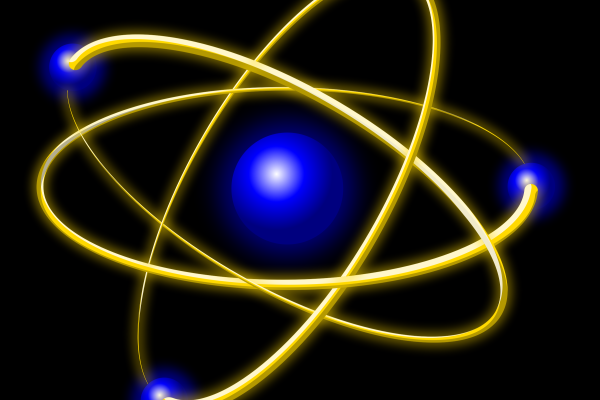High Energy Physics Group receives $5.65M grant from the Department of Energy

The Ohio State University high energy physics group recently learned that its three year grant proposal to the Department of Energy was successful and will be funded at the level of $5,650,000. This grant will fund the research activities of thirteen faculty members as well as their postdocs and graduate students. The research being funded covers a wide range of projects in fundamental physics. This includes research at CERN’s Large Hadron Collider (LHC), using the highest energy particle beams available at a man-made accelerator to study the properties of the Higgs boson, search for physics beyond the standard model, including the source of dark matter, and precision studies of standard model processes. Members of The Ohio State University Physics Department (Profs. Boveia, Durkin, Gan, Hill, Kagan, Kass, Winer) play important roles in the LHC’s two general purpose detectors (ATLAS, CMS) with major contributions in the areas of both hardware and data analysis. The study of dark energy through non-accelerator based methods, e.g. astronomical sky surveys, is another major research thrust of this grant. Here members of the Physics and Astronomy Departments (Profs. Honscheid, Martini) lead efforts in the design, construction, and analysis of data from a series of on-going experiments including DES, DESI and eBOSS. The third component of The Ohio State University’s high energy physics program (Profs. Braaten, Carpenter, Mathur, Raby) includes theoretical studies on the most outstanding questions in this field. Here the questions and topics range from physics beyond the current standard model to what is inside a black hole to the nature of dark matter to precision calculations of standard model processes. Having both theory and experiment on this grant allows and encourages collaboration with the respective groups. An important aspect of this proposal stressed the training of graduate students and postdocs in an environment that makes use of the latest developments in computers, electronics, and data mining.
